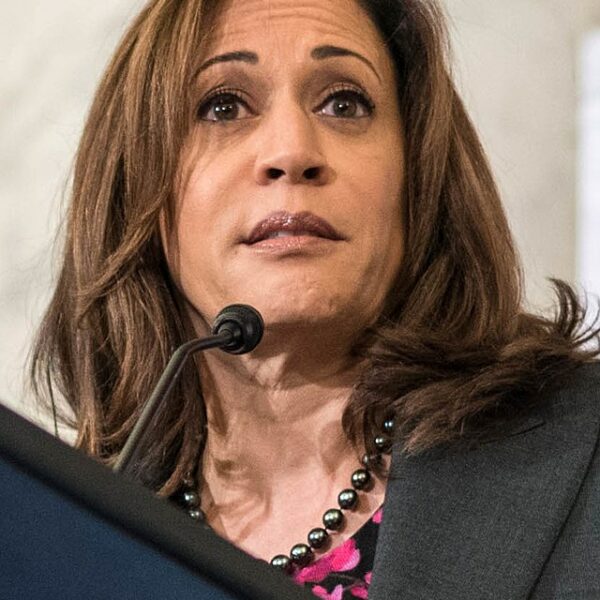
The Republican majority in the House may soon be down to one. Mike Gallagher, who announced last month that he’d not be seeking reelection, has said he will leave his Congress early.
After Gallagher leaves office, the Republican majority will shrink to 217-213, meaning the GOP could only afford a single defection on any vote if Democrats vote together.
“I’ve worked closely with House Republican leadership on this timeline and look forward to seeing Speaker Mike Johnson appoint a new chair to carry out the important mission of the Select Committee on the Chinese Communist Party,” he said, according to Politico.
Wisconsin law dictates that Gallagher’s seat — in a solidly red district — will stay empty for the rest of his term. Departing before April 9 would have triggered a special election.
The Wisconsin Republican announced earlier this year that he would not seek reelection, after he received blowback for voting against impeaching Homeland Secretary Alejandro Mayorkas. His allies, however, say he was long jaded by the antics of the House following the ouster of Speaker Kevin McCarthy.
Gallagher’s decision to not finish out the term also further fuels conference concerns over its trajectory headed into the November election.
“It’s tough, but it’s tough with a five-seat majority, it’s tough with a two-seat majority, one is going to be the same. We all have to work together. We’re all going to have to unite if we’re going get some things done,” Majority Leader Steve Scalise (R-La.) said shortly after Gallagher announced his early exit.
Gallagher joined Ken Buck, another Republican who announced he would not be staying for his full term in Congress and the timing could not be work for Speaker of the House Mike Johnson.
Like his predecessor, Johnson is now facing an effort to remove him from leading the House of Representatives. NBC News reported that Marjorie Taylor Greene has filed a motion to remove Johnson from the Speaker position because he did not shut down the government.
“Johnson, R-La., has served as speaker for five months, having taken over for Kevin McCarthy, who was ousted from the top job under a similar process.
It was not immediately clear how the House would act on her motion, which requires just a majority vote to remove the speaker. Greene, R-Ga., did not file the motion as privileged — which would force a vote within two legislative days — but instead as a regular motion, which could be referred to a committee, where it would likely languish.
Greene told reporters that her motion to vacate was ‘more of a warning than a pink slip,’ saying she does not want to ‘throw the House into chaos,’ like the three and a half weeks that the chamber was without a speaker when McCarthy was ousted.
‘I’m not saying that it won’t happen in two weeks or it won’t happen in a month or who knows when. But I am saying the clock has started. It’s time for our conference to choose a new speaker,’ she said.”
Republicans unanimously selected Johnson to succeed Kevin McCarthy after he was ousted from his role of leading the House GOP.
The Associated Press noted, “Greene, who became a McCarthy ally late in his tenure, has been skeptical of Johnson’s speakership from the beginning. While she criticized her fellow far-right colleagues for toppling McCarthy, she herself had warned Johnson for months that she would try to remove him in a similar fashion if he were to push ahead with a package to support Ukraine as it battles Russia’s invasion.
“He should not bring funding for Ukraine,” Greene told reporters.
Johnson has so far refused to put a $95 billion Senate-passed national security package with Ukraine funding to a House vote, but he promised that funding Ukraine is the next priority now that government funding is resolved. The removal threat against him now puts any votes to help Ukraine in potential jeopardy and could also empower Democrats to make demands since their votes might be needed to save his job.”
[Read More: Marco Rubio Rising Up VP List]











